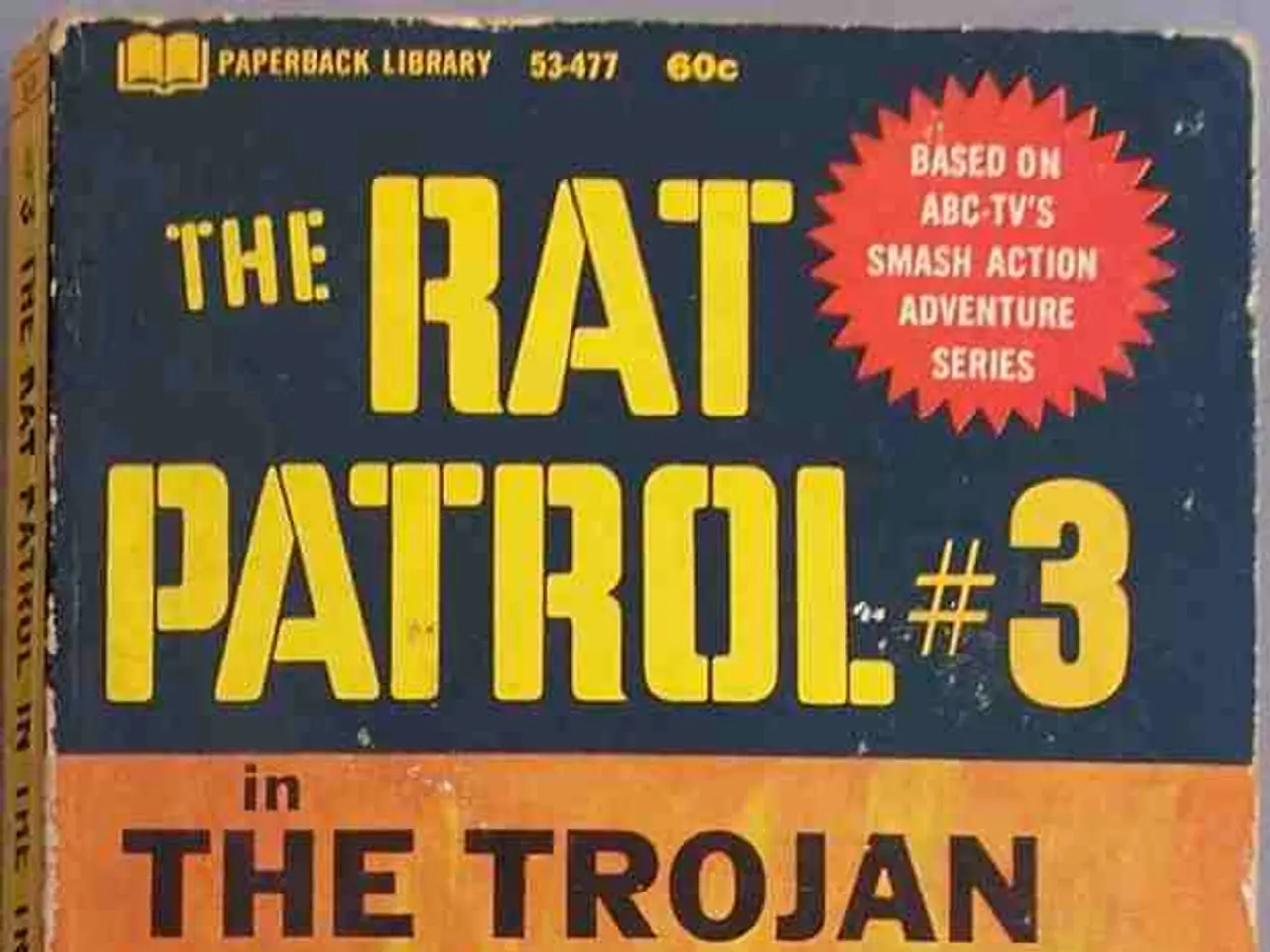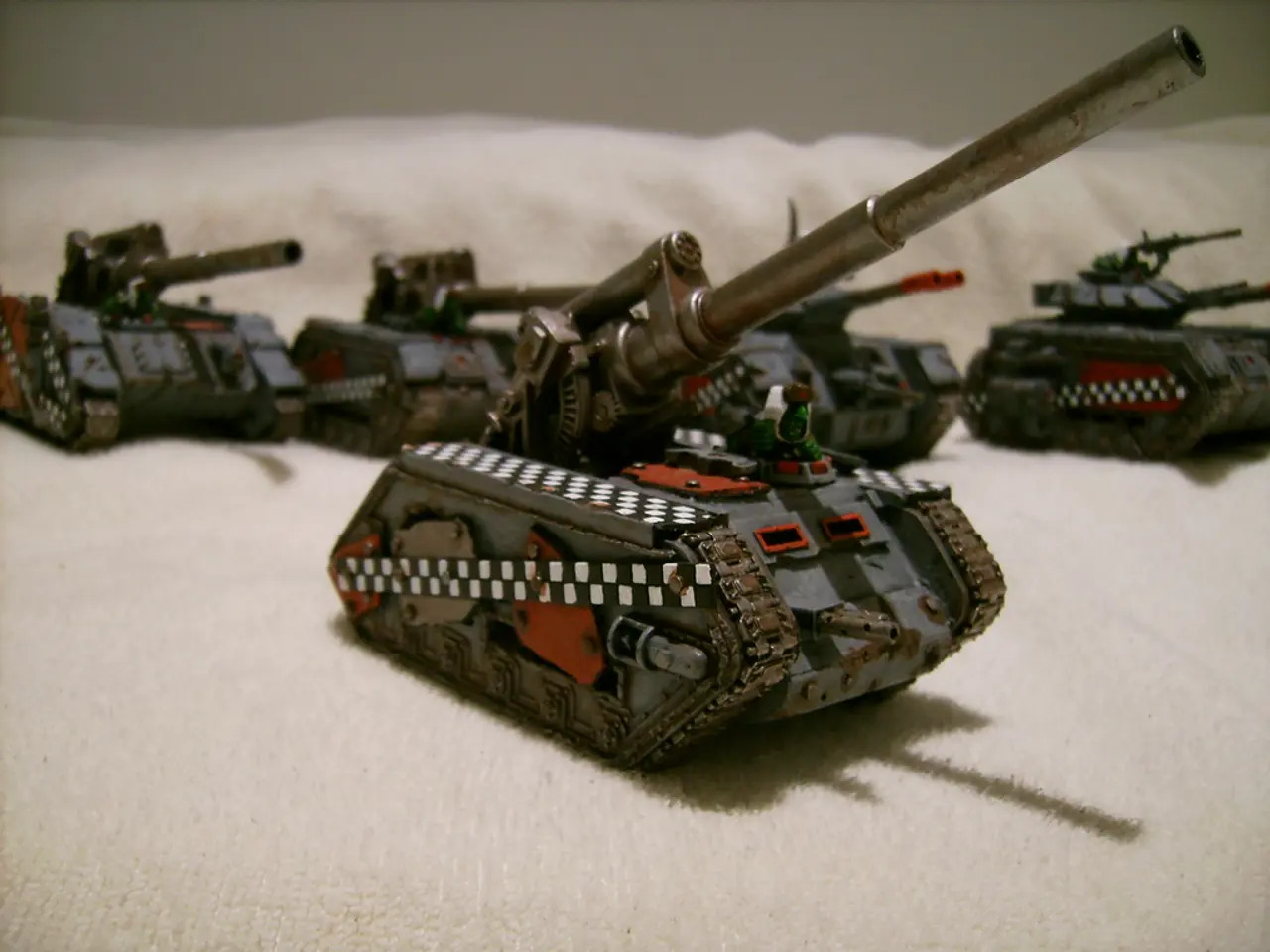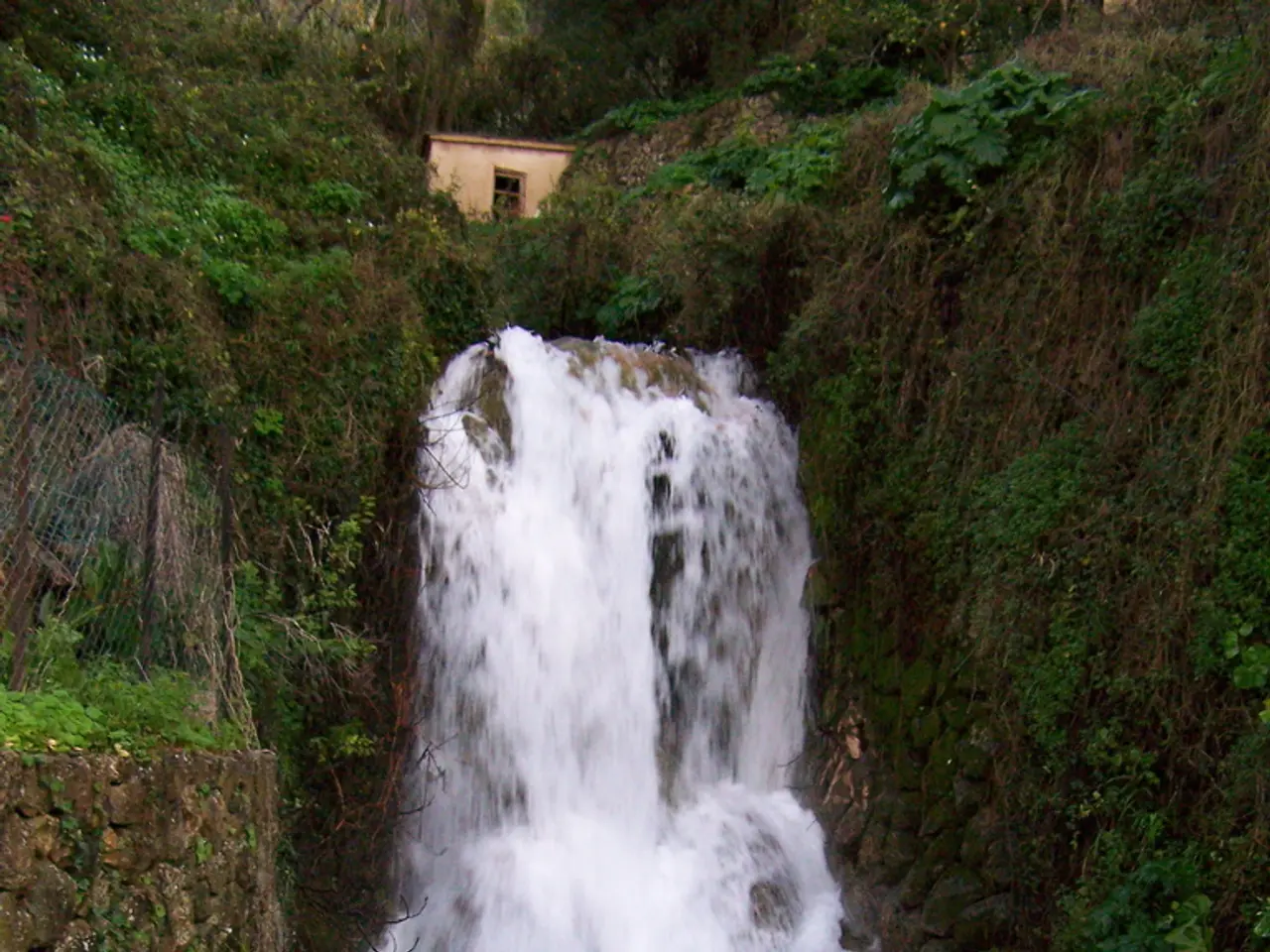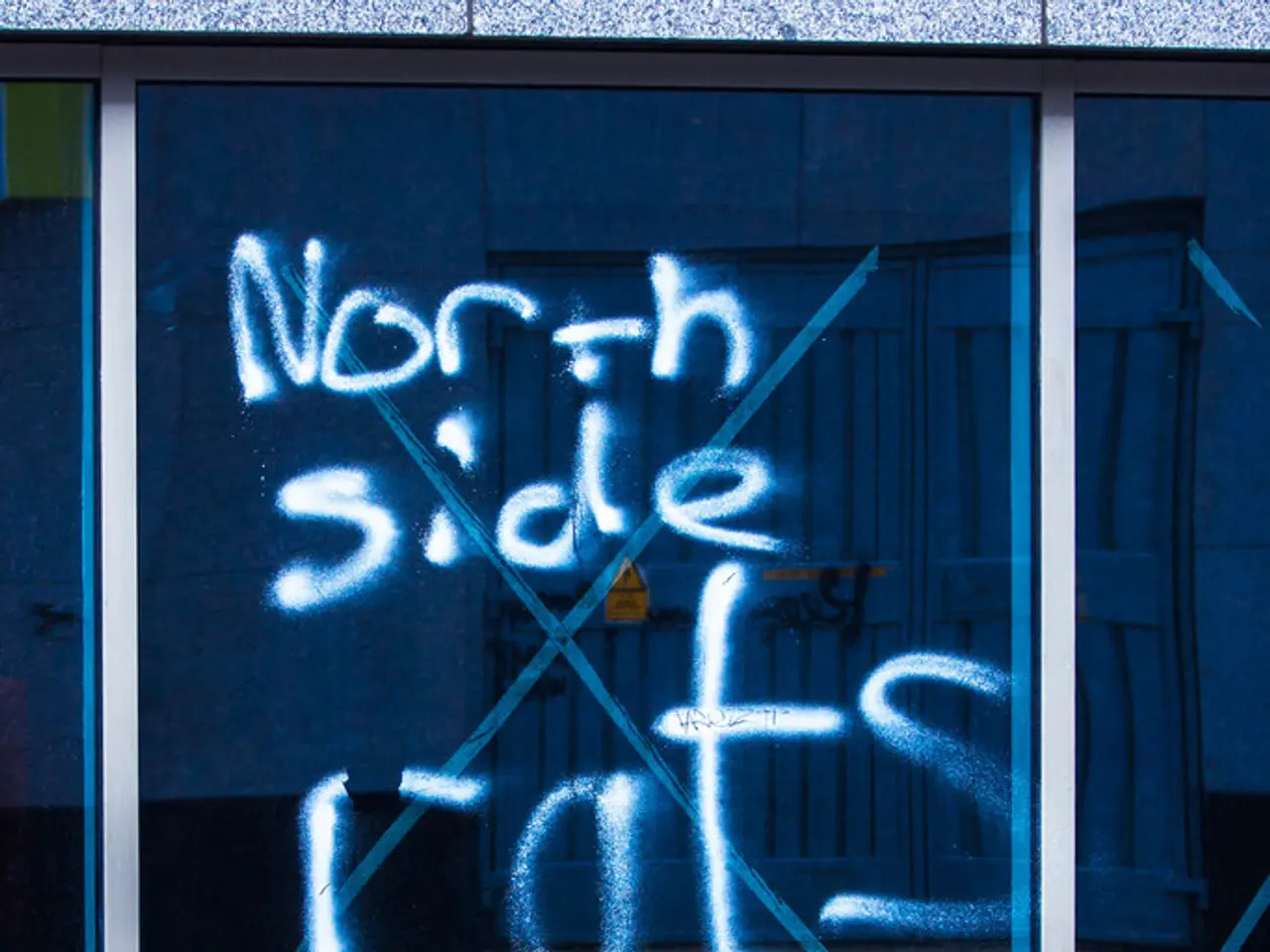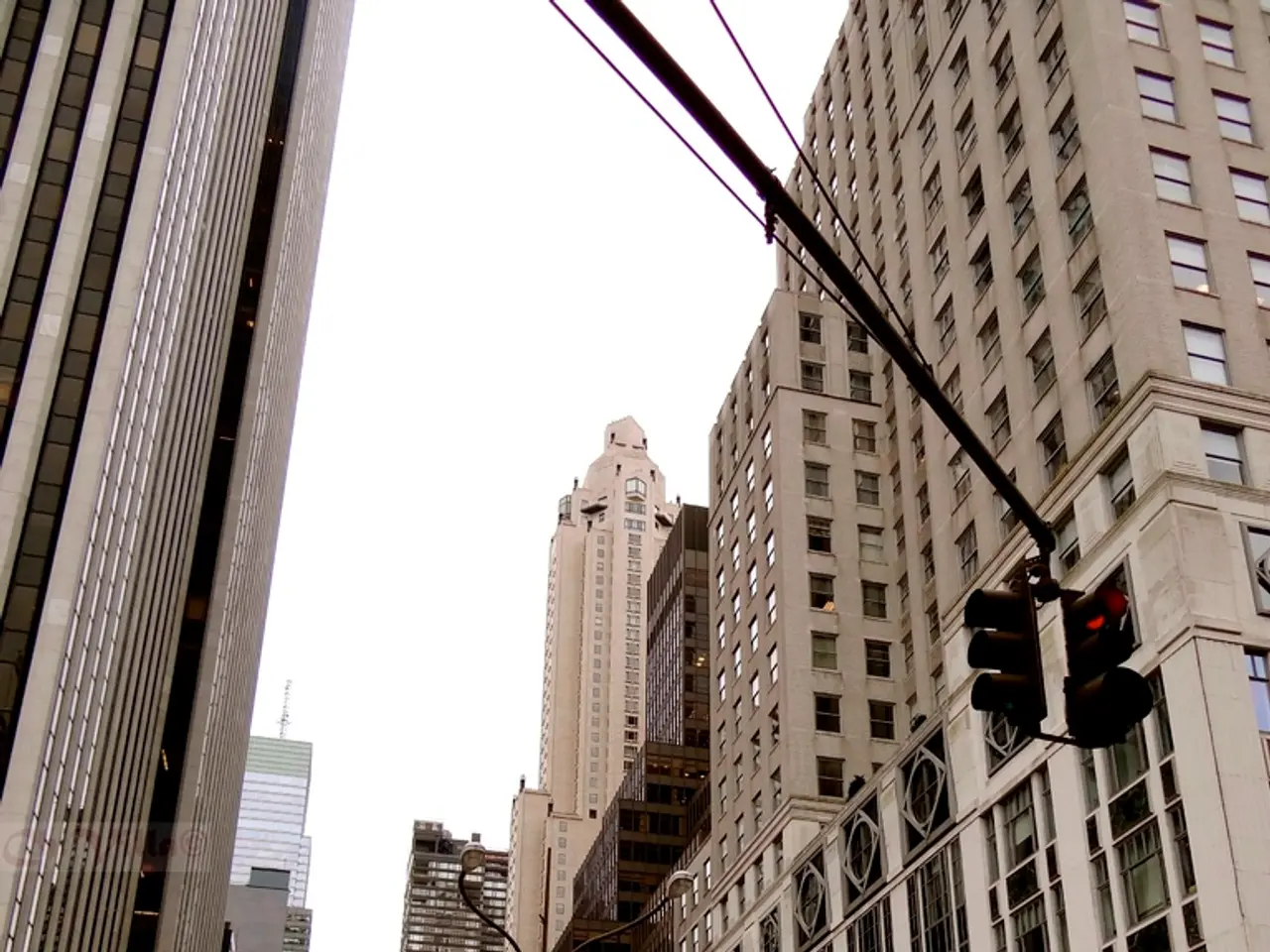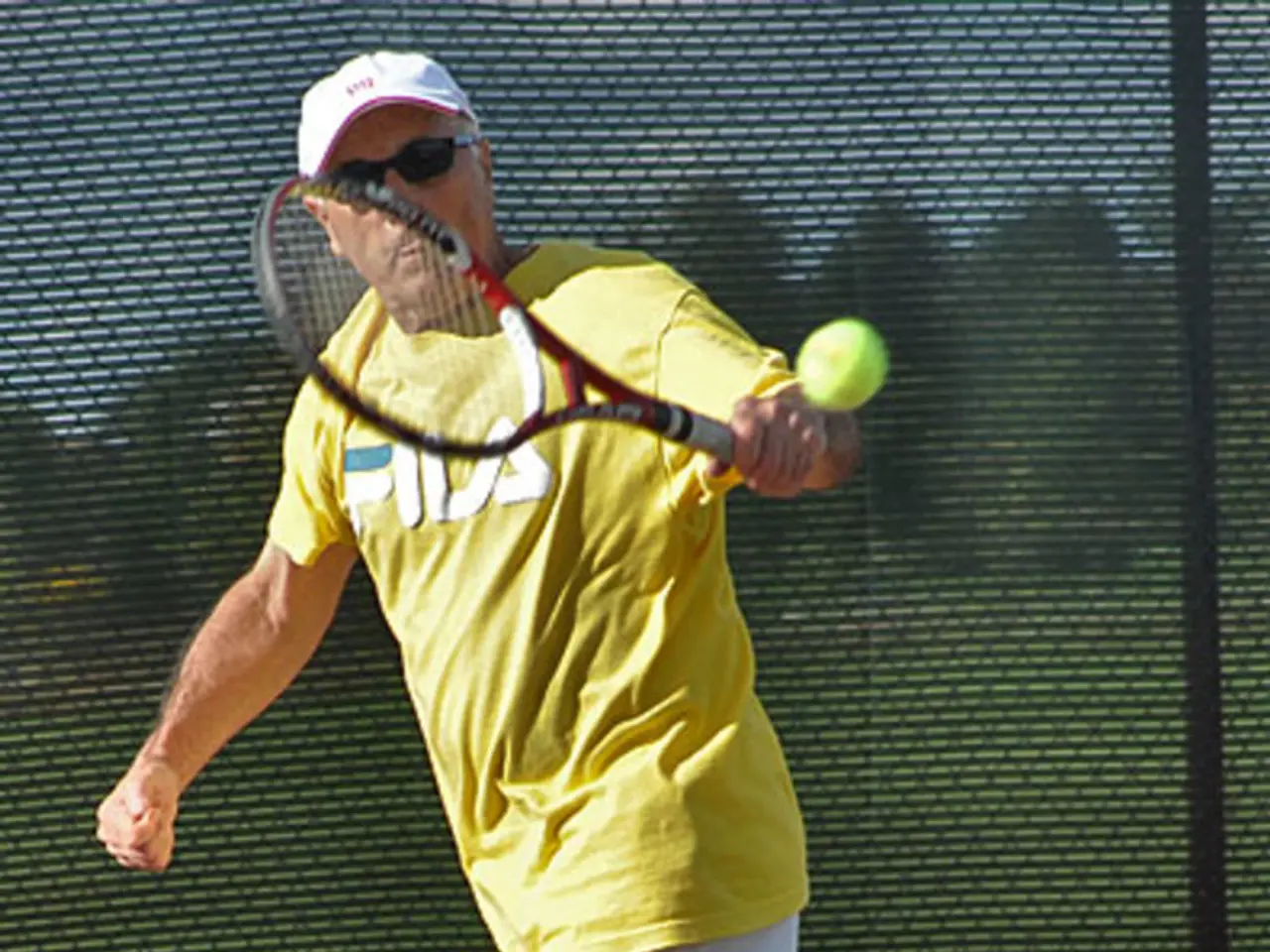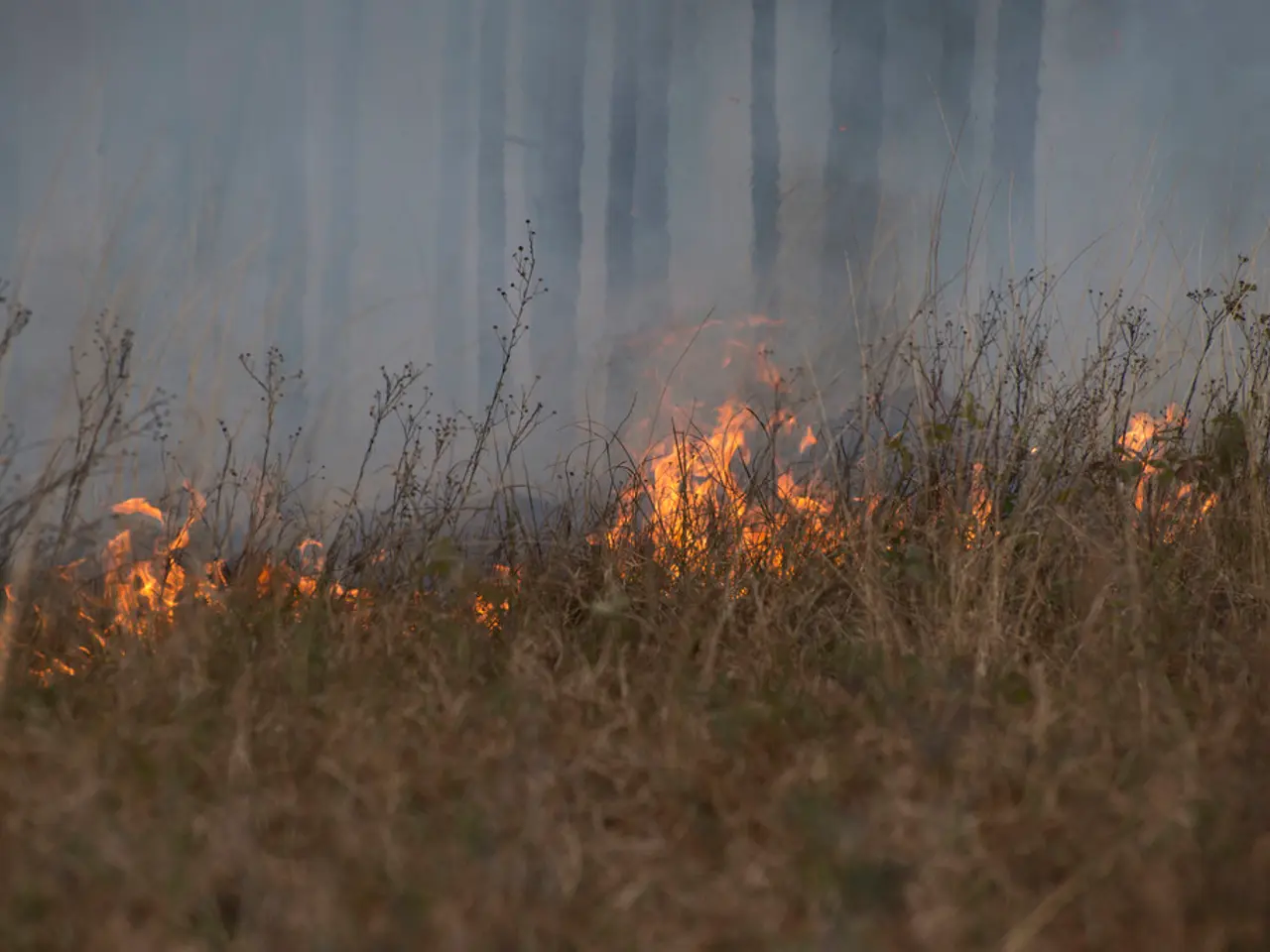Moscow's public backing gains ground in South Africa, echoing triumphs of propaganda efforts
South Africa is set to participate in naval exercises with Russia and China next month, marking a significant deepening of military cooperation between the three nations [1][2]. The joint exercises, known as Exercise Mosi II, will involve the South African Navy alongside the Chinese People's Liberation Army Navy and the Russian Navy, symbolising a strengthening of practical cooperation in joint exercises, training, and maritime security.
This trilateral military exercise carries several key dimensions. Historically, South Africa has maintained close ties with China, rooted in China’s support for the African National Congress during the apartheid era. These longstanding relations have expanded into defence cooperation formalized through defence committees and agreements dating back to the early 2000s [1][4].
Geopolitically, the joint naval exercises serve as a message amid growing global tensions, particularly related to the Russia-Ukraine conflict. By hosting these exercises on the first anniversary of Russia's invasion of Ukraine, South Africa signals a degree of alignment or at least willingness to engage cooperatively with Russia and China despite Western criticism [4].
South Africa has maintained a non-aligned and nuanced position on the Russia-Ukraine conflict, emphasising multilateralism, opposition to hegemony, and advocating dialogue over confrontation. China’s defence chief Dong Jun explicitly linked the cooperation with South Africa’s rejection of “bullying” and “power politics,” framing it as upholding “true multilateralism” rather than taking a side in the conflict [4].
For NATO and Western countries, these exercises highlight the failure to fully isolate Russia post-Ukraine invasion and indicate the enhanced military interoperability between Russia and China that South Africa is now also participating in through trilateral cooperation [3]. South Africa’s engagement reflects a broader trend of some global south countries seeking diversified partnerships beyond traditional Western powers.
Meanwhile, the battle in Ukraine continues to be a dilemma for a post-apartheid democracy in South Africa, torn between a tradition of defending the sovereignty of weaker countries and affection among ANC elites for Russia [5]. Some critics argue that the exercises weaken South Africa's neutral stance on the war [6].
In addition, a US-sanctioned Russian container carrier, the Girl R, docked at Cape Community's naval base under cover of darkness in December, raising concerns about Russian influence in Africa [7]. South Africa's foreign minister, Naledi Pandor, recently welcomed Russian counterpart Sergei Lavrov for the first time since Russia invaded Ukraine [8]. Pandor stated her government, nominally neutral in the conflict, is less inclined to criticize Moscow due to the west's supply of battle tanks to Kyiv [9].
Despite these developments, South Africa's defence ministry maintains that holding naval exercises with Russia does not mean abandoning its neutral stance on the Russian-Ukraine conflict [10]. The nature of the cargo supplied by the Girl R during its visit has not been disclosed [11]. South Africa's total trade with Russia is minimal, with approximately $1bn in combined annual imports and exports in 2021 [12].
In conclusion, South Africa's military exercises with Russia and China underscore its strategic choice to deepen defence ties with these key non-Western powers, reflecting a stance of non-alignment, advocacy for multilateralism, and resistance to Western-led diplomatic isolation regarding the Russia-Ukraine conflict [1][4]. This aligns South Africa closer to the global bloc including Russia and China, while maintaining its own independent foreign policy position.
References: [1] https://www.defenceweb.co.za/security-news/russia-china-south-africa-to-hold-joint-exercise-mosi-ii/ [2] https://www.defenceweb.co.za/security-news/south-africa-china-russia-to-hold-naval-exercise-mosi-ii-in-february-2023/ [3] https://www.reuters.com/world/asia-pacific/south-africas-deepening-ties-russia-china-raise-concerns-amid-ukraine-crisis-2023-01-18/ [4] https://www.reuters.com/world/russia-china-south-africa-hold-joint-naval-exercise-amid-ukraine-crisis-2023-01-26/ [5] https://www.reuters.com/world/africa/south-africas-russia-ties-pose-dilemma-post-apartheid-democracy-2023-01-27/ [6] https://www.timeslive.co.za/news/south-africa/2023-01-26-south-africa-russia-china-naval-exercises-in-february-2023-highlight-deepening-military-cooperation/ [7] https://www.independent.co.uk/news/world/americas/us-sanctioned-russian-ship-docks-cape-town-south-africa-b2318107.html [8] https://www.news24.com/SouthAfrica/News/south-africas-foreign-minister-welcomes-russian-counterpart-sergei-lavrov-20230124 [9] https://www.timeslive.co.za/news/south-africa/2023-01-26-south-africa-russia-ties-pose-dilemma-post-apartheid-democracy-2023-01-27/ [10] https://www.defenceweb.co.za/security-news/south-africa-china-russia-to-hold-naval-exercise-mosi-ii-in-february-2023/ [11] https://www.defenceweb.co.za/security-news/russia-china-south-africa-to-hold-joint-exercise-mosi-ii/ [12] https://www.statista.com/statistics/1150180/south-africas-trade-with-russia/
- The military exercise between South Africa, Russia, and China, known as Exercise Mosi II, underscores a significant shift in food policy and legislation, as it is a clear indication of South Africa's growing involvement and alignment in a bloc that includes Russia and China, which could potentially impact general news and economic trade relationships with Western countries.
- In the context of deepening defense ties with Russia and China, South Africa's participation in the joint naval exercises serves as a political statement, signifying a broader shift in the country's foreign policy stance, moving away from a traditional Western-led model towards a more independent, multilateral approach that embraces cooperation with key non-Western powers.
